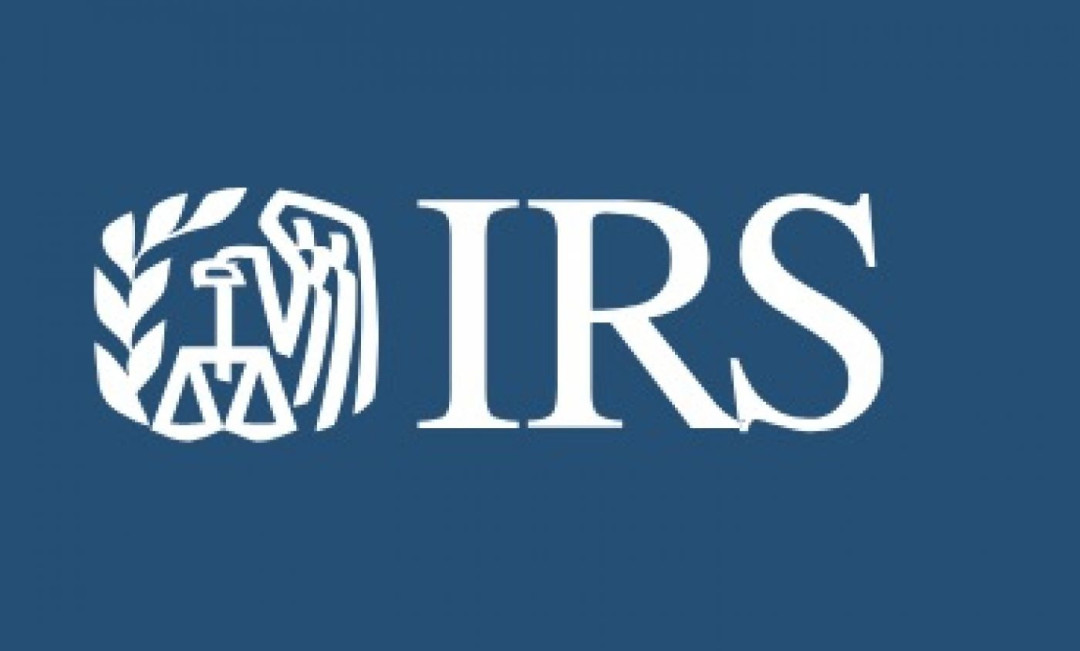It’s tax season, and that means open season for IRS scammers. Unfortunately, there are plenty of scam artists out there who are ready to separate you from your money by posing as IRS officials. Learn to recognize the scams and avoid a costly hoax.
Simple IRS Scams
The most basic IRS scam is also the easiest to recognize. A phone number you don’t recognize will call you. Whether you pick up the phone or let it go to voicemail, the message is the same. A robocall warns the individual that they have unpaid bills with the IRS or that the IRS has determined they have committed fraud or other penalties. The robocall provides a number to call to settle the matter. In some cases, the phone call is accompanied by threats. The robocaller may threaten to involve the police, immigration, or other law enforcement is payment is not made immediately.
What makes these the easiest calls to recognize is that the caller is clearly not human, and offers absolutely no interaction beyond leaving a number to call. The number to call is cycled regularly. Often, if you call the number, you will find that the line is no longer in service.
This may catch some individuals who are not tech-savvy, such as the elderly. It may also rope in people who actually do owe money to the IRS and are already worried about it. The rule of thumb is that the IRS will never send you a robocall, so never respond to one.
Advanced IRS Scams
In some cases, IRS scams involve some theft of your personal identity. Some calls may refer to you by your full legal name or provide other personally identifying information. The goal is to sound more legitimate. Sometimes the caller will use fake titles or badge numbers to present themselves as real IRS employees.
One of the more advanced scams involved filing fraudulent tax returns and having actual money sent to your bank account as a refund. Once the money appears in your account, the scammer calls to let you know that the money was sent in error. If you don’t return the money to the scammer, they threaten severe legal consequences. This is one way of involving you in a scam to fraudulently get money from the IRS. They may also instruct you to include penalties, taking some of your money along with the government’s money.
When You Think You Have a Scam
If you think you are being targeted by a scam, you have a few options. The easiest thing to do is to ignore the call altogether. The IRS will never call you without first sending a written notice. They will also never threaten immediate legal action or law enforcement involvement. So if you haven’t been billed in writing, you can ignore the call.
If you are concerned that you might actually owe money to the IRS and aren’t sure if you received a mailed notice, you can call the IRS to confirm. Their number is 800-829-1040, and they are happy to tell you if there are any pending charges against you.
Another way to identify a scam is if the caller requests payment by unusual means, such as a wire transfer or prepaid gift card. And the real IRS will never ask for a credit card over the phone. Finally, any claim the IRS has against you will allow for an appeal from the taxpayer. If you aren’t given the option to appeal the claim, you’re not dealing with the IRS.
What to Do If You’re Being Scammed
The best thing to do is to hang up the phone. Don’t give out any information. And if you are concerned, call the IRS.
TrustDALE is here to keep consumers safe. If you follow these suggestions, you won’t fall prey to IRS scammers.

